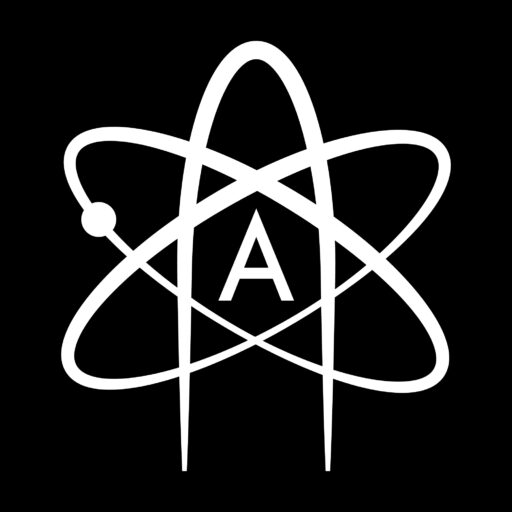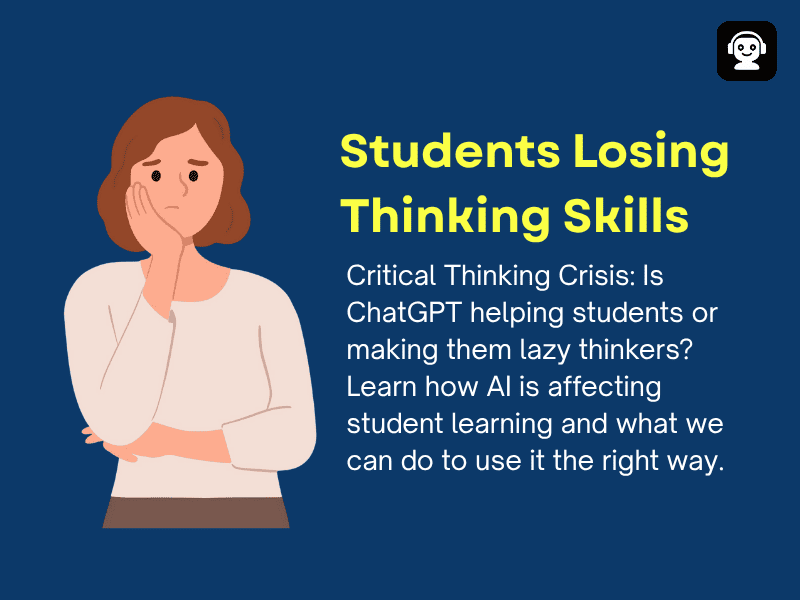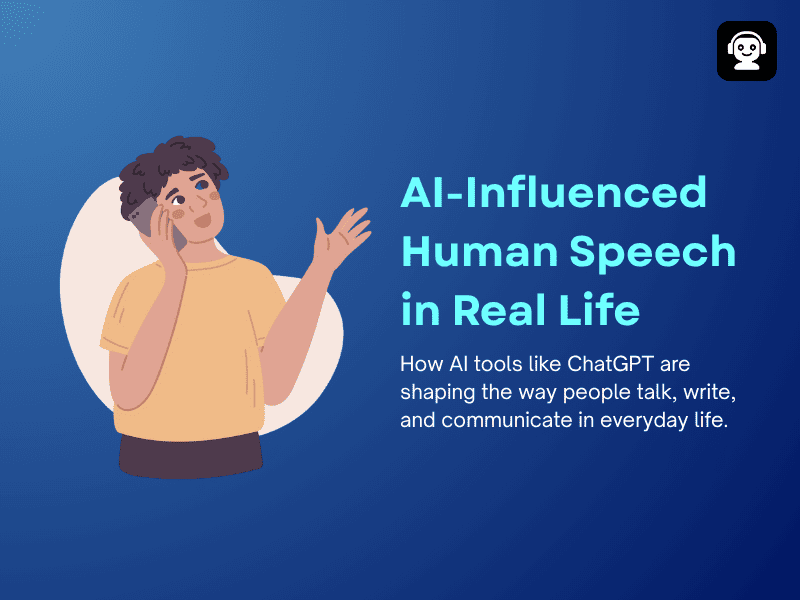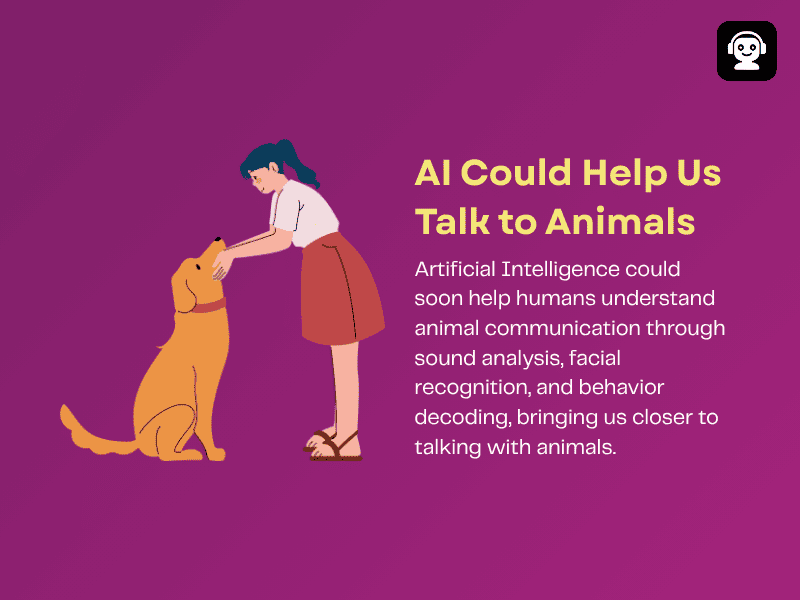Chatbot Therapy vs Human Therapy: Exploring the Risks and Realities in 2025
Mental health is tied to human connection, and since humans are social beings, we all need friends and companions

Mental health is tied to human connection, and since humans are social beings, we all need friends and companions to talk to us. The healing process of a human thrives on empathy and understanding that we achieve from a trained therapist. But a new and unexpected debate over chatbot therapy vs human therapy has emerged in the ongoing wave of digitalisation and the emergence of AI.
AI in mental health is a growing concern since many people have started using ChatGPT and other chatbots as their companions and friends. The global market of AI chatbots in mental health has achieved a total of USD 1.37 billion in 2024, and this number is expected to rise in 2025. Around 35% of Americans are familiar with AI-driven therapy apps and giving rise to the debate on chatbot therapy vs human therapy in 2025.
But the big question that arises is whether AI can ever replace human therapists, or are these chatbots more of a wellness aid than a therapeutic solution? Let’s get into the debate over chatbot therapy vs human therapy and try to understand why people are overly relying on AI chatbots for therapy nowadays.
The Rise of AI Chatbots in Therapy
In the era of digitalisation and AI, chatbots have made people’s lives so much easier and smarter. The rise of AI chatbots in therapy has skyrocketed in recent years, and the market reached USD 1.37 billion in 2024. A YouGov poll revealed that 355 Americans are familiar with AI therapy apps, and this number implies the growth of public awareness of AI chatbots in therapy.
The rise of AI chatbots in therapy has a lot to do with affordability, as many AI therapy tools are either free or cheaper than in-person therapy. Also, these chatbots are available 24/,7 which is convenient for those seeking immediate comfort during a tough moment. All these advantages have led to the debate about chatbot therapy vs human therapy and which one is better.
Legal and Ethical Concerns
There are several legal and ethical concerns that come from AI chatbot therapy. Even though there is no clear legislation governing these, AI systems have started operating in a mental health context, which makes it illegal. There are several lawsuits that were filed against Character.AI after parents alleged that the chatbots misled users to believe that they were licensed therapists.
News has also surfaced that a 16-year-old has committed suicide, while another teenager attacked his own parents, allegedly influenced by chatbot interactions. These cases reveal the dangers of chatbots in mental health, and they should not market AI therapy bots irresponsibly at all. The American Psychological Association has urged the Federal Trade Commission and lawmakers to implement safeguards.
Chatbot Therapy vs Human Therapy
Oliver Wyman Forum did a survey, and the results showed that 32% of respondents were open to using AI therapy instead of traditional therapy. The debate of chatbot therapy vs human therapy has raised a lot of questions and concerns, as therapy is not just about solutions. Therapy has a lot to do with empathy, human connection, and the ability to navigate emotions.
A chatbot responding to someone talking about how hopeless they feel might reply with “I am sorry to hear that. You can try taking a walk or thinking more positively.” On this surface, this seems helpful, but for a person who is suffering from any mental disorders, it needs professional help. The debate of chatbot therapy vs human therapy should not exist, as AI cannot truly replace human therapists.
There are several reasons why, between chatbot therapy vs human therapy, human therapists always win is because AI therapy lacks accountability. It also has a lot of risk of harm, and hence, people should always refrain from using chatbots as mental health experts. There is a proven theory that chatbots can cause loss of human connection, and AI cannot replicate empathy and relational depth.





